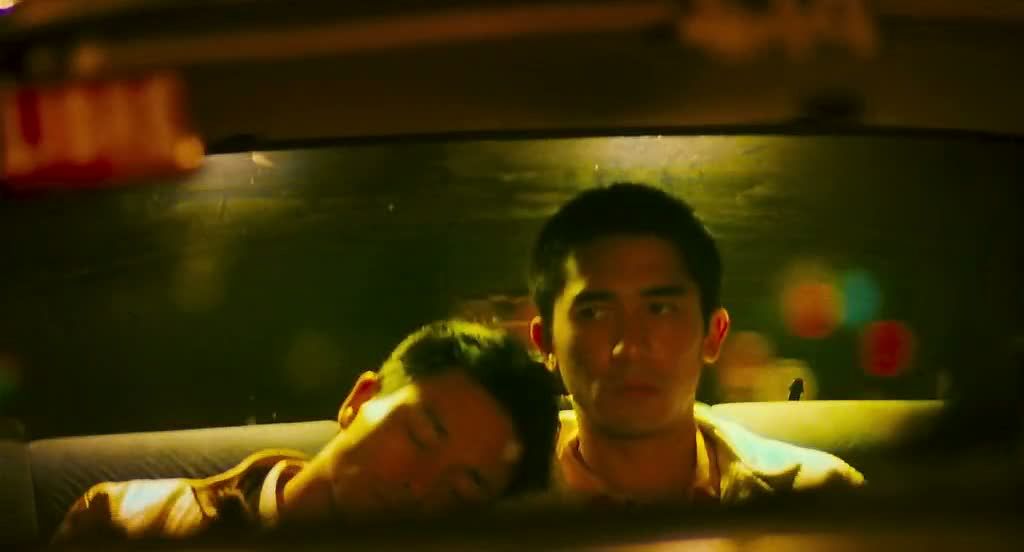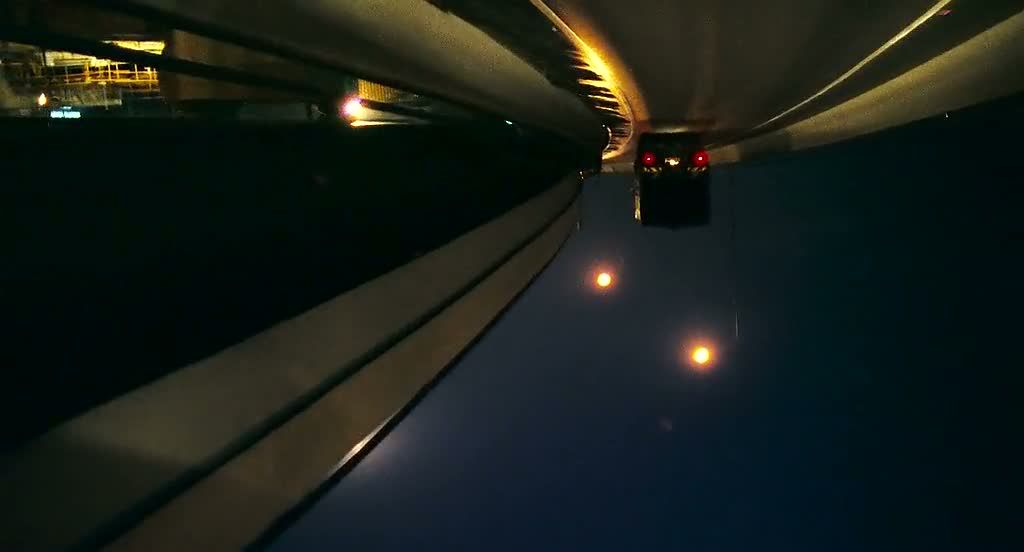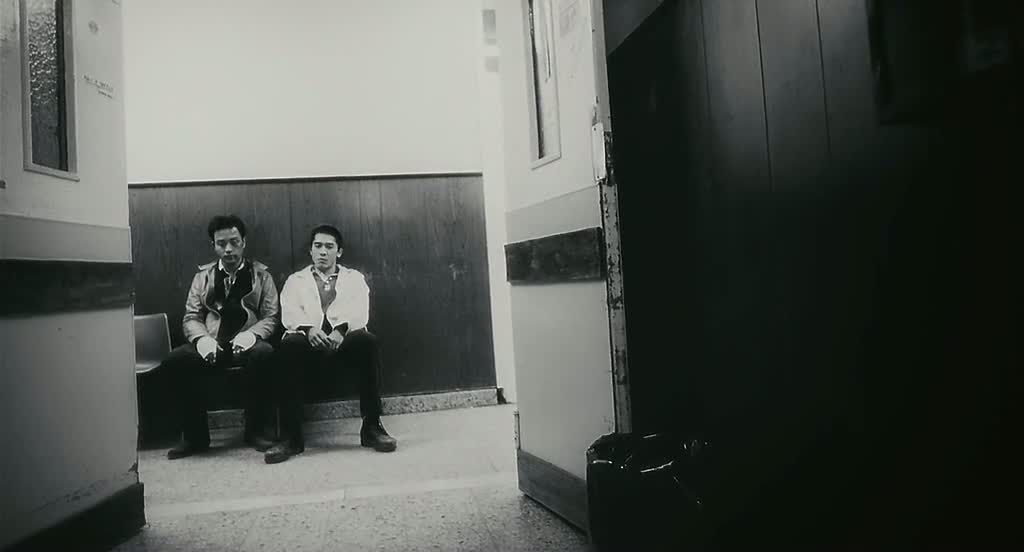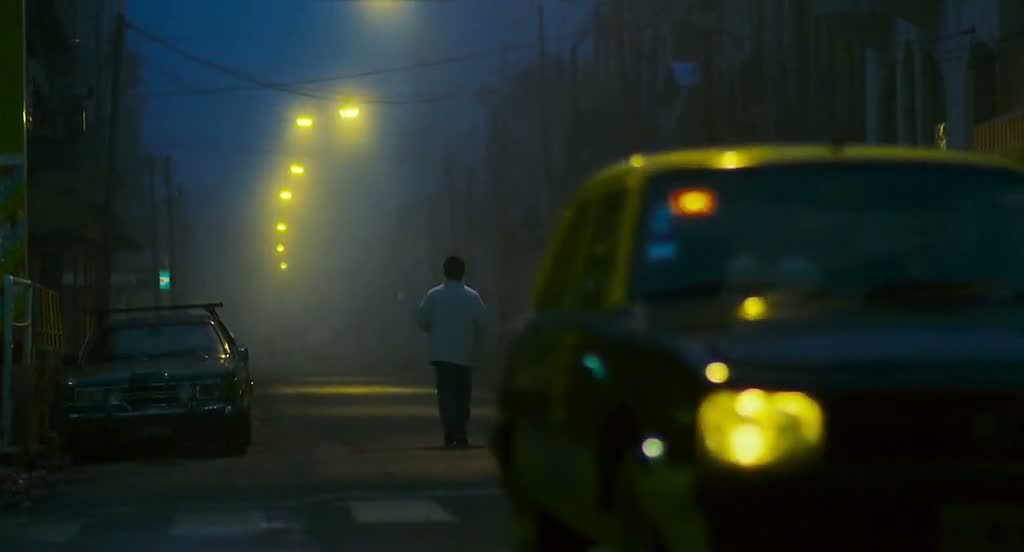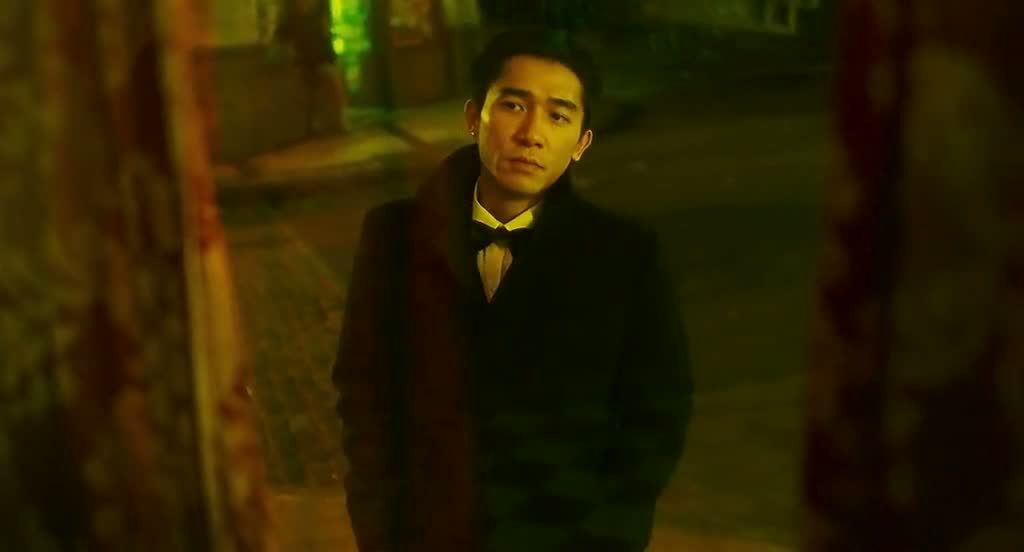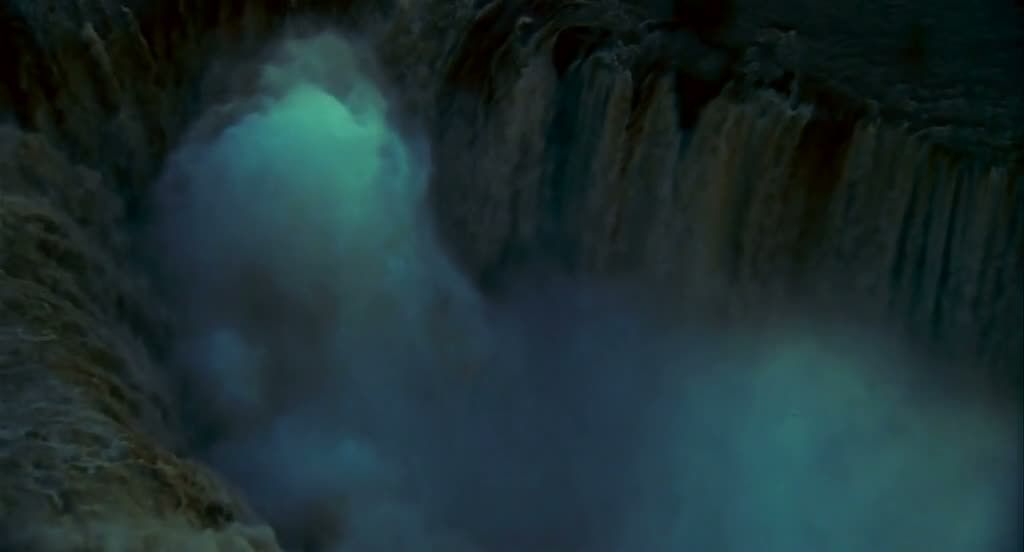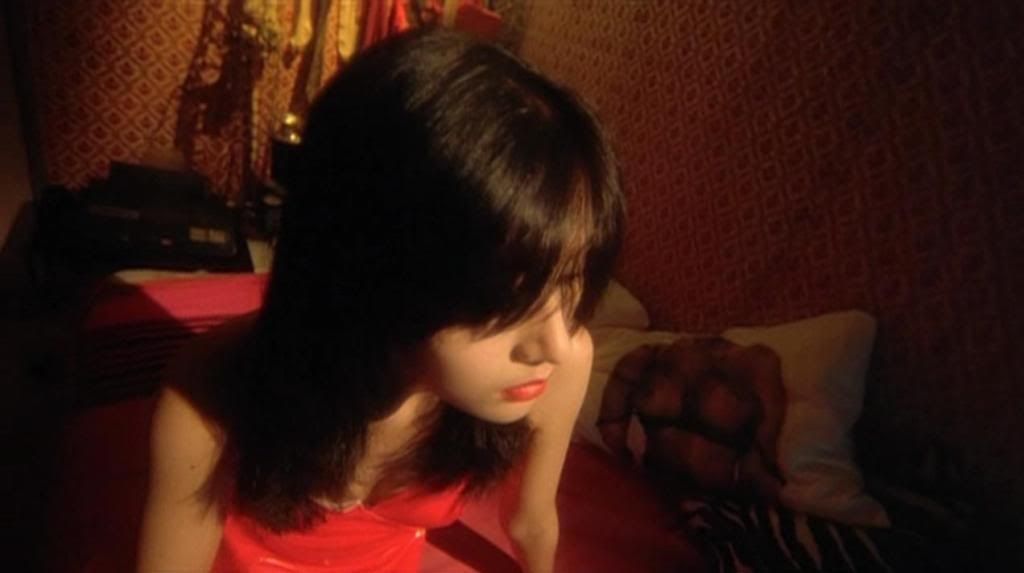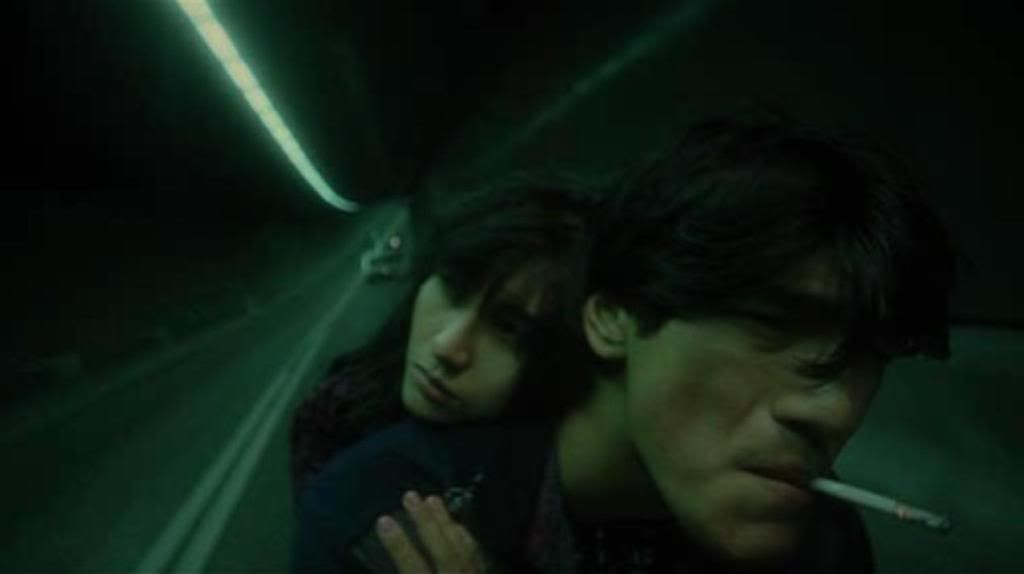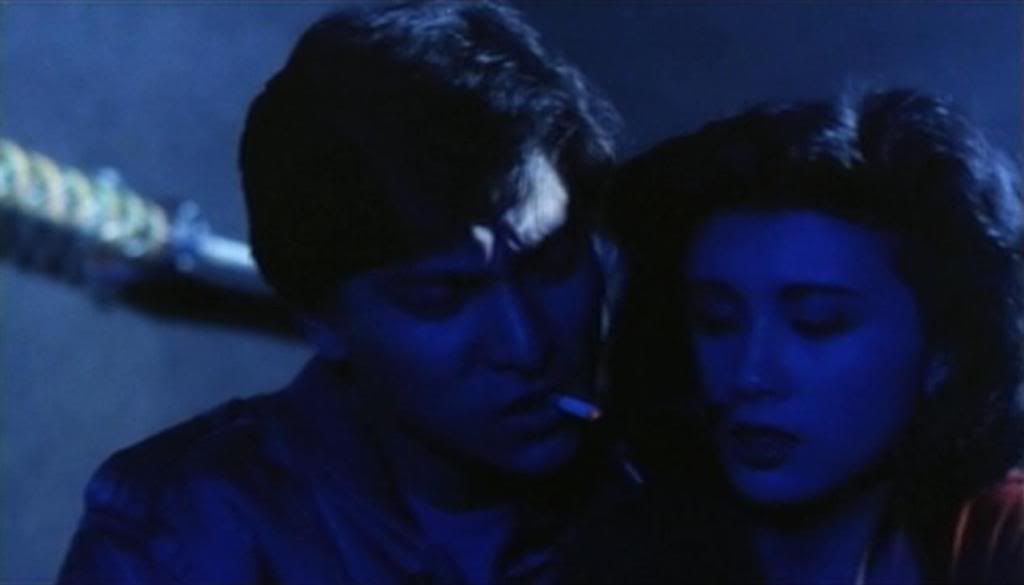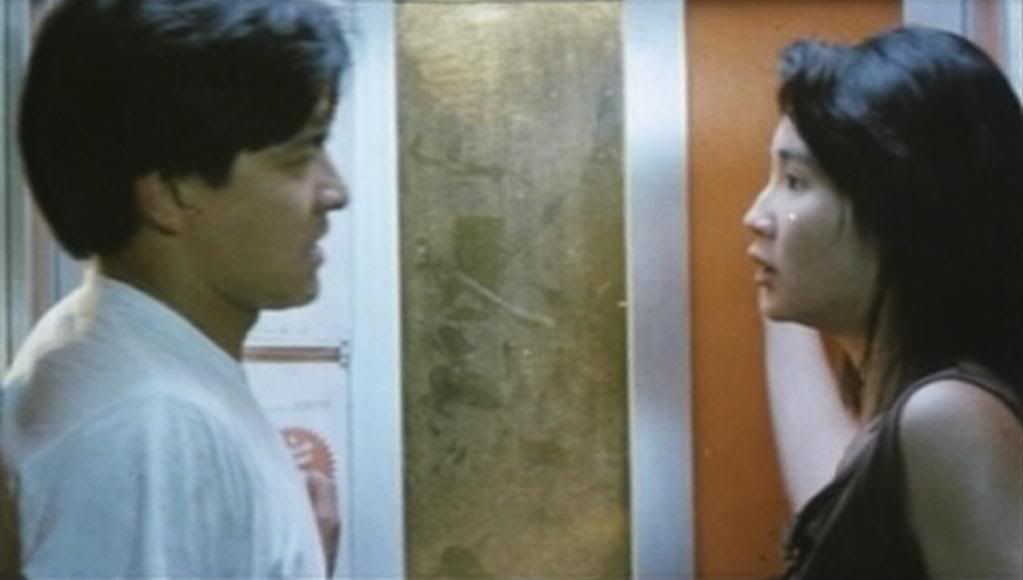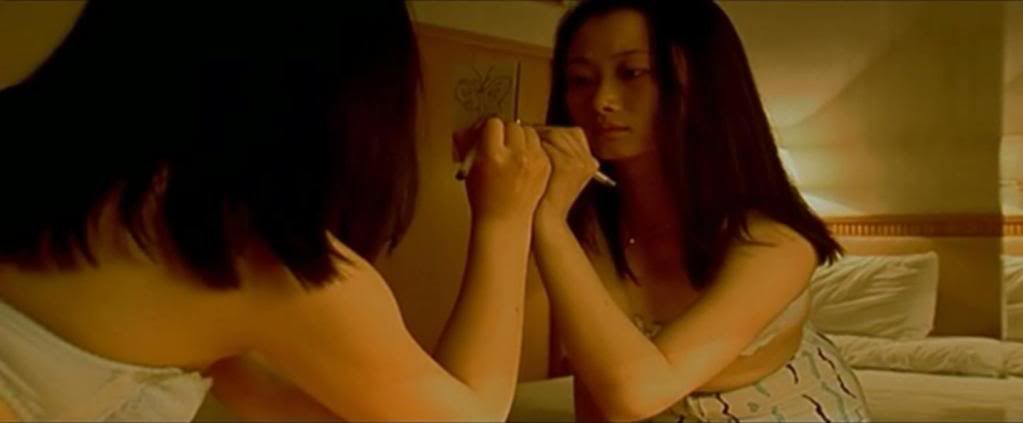
Jia Zhangke's third feature, Unknown Pleasures, is a naturalistic, nearly documentary-like examination of the lives of a group of teens and twenty-somethings in a poor city in northern China. Jia's aesthetic is sparse and gentle. Shooting with digital video, which gives the film a rough, shot-on-the-fly quality, he documents the emptiness and stagnation that constitute life for this aimless generation, who seem to have few opportunities and little hope despite China's prodigious leaps into the modern international economy. These young people, like friends Bin Bin (Wei Wei Zhao) and Xiao Ji (Qiong Wu), have recently finished school but they have no jobs and no prospects, so they simply drift around shiftlessly, spend dreary afternoons in front of the TV, and pursue dull and passionless relationships with girls. Xiao Ji lazily chases after the dancer Qiao Qiao (Tao Zhao) but doesn't seem to know what to do with her once he's got her, while Bin Bin spends quietly boring afternoons with his studious girlfriend (Qing Feng Zhou), the only character in the film who seems to have some ambition and some potential.
For Bin Bin and other young men like him, "there's no fucking future."
Bin Bin calls the World Trade Organization a scam, and when his shy, smart girlfriend says she's going to be studying international trade, he can't even imagine what that means — selling rabbits to Ukraine, he guesses. China is modernizing and involving itself in the international economy, jumping into the future, but young people like Bin Bin and Xiao Ji are being left behind, with no hope of profiting from the country's modernization. Factories are laying people off and cutting wages — when they're not being blown up by domestic terrorists dissatisfied with limited economic opportunities — and at times it seems as though the only real money flowing through this city is in its vibrant, flourishing criminal underworld. The aimless lives of these youths, their imaginations fired by American crime movies and pop culture, occasionally intersect with the fringes of that underworld, as they cross paths with loan sharks, petty thugs, DVD bootleggers and massage therapists who are actually prostitutes.
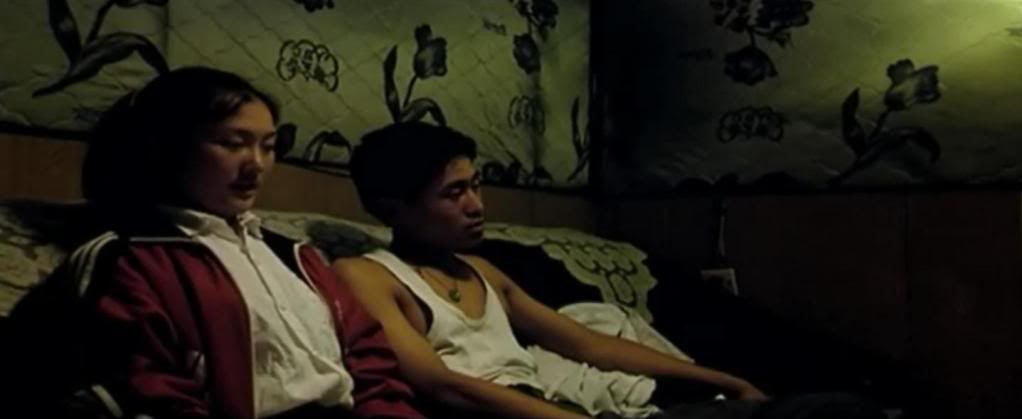

TV and pop culture are omnipresent here, engulfing the lives of these aimless youths. American pop culture seeps into their lives in the form of tough-guy movies like Pulp Fiction and Fight Club — "hit me," Xiao Ji says to the gangster Qiao San (Zhubin Li), copping his attitude and his lines from the latter movie. Xiao Ji especially seems to have adopted his pose and his attitude from American crime movies, and he speaks gushingly of Pulp Fiction, saying he wants to be an American bank robber, a romantic criminal like the couple who stick up the diner in Tarantino's movie. This American culture is probably even more accessible to them than their own: when Bin Bin visits a DVD bootlegger towards the end of the film, he asks for copies of Jia's previous films Xiao Wu and Platform, but the guy only has Pulp Fiction.
In a diner with Qiao Qiao, Xiao Ji sticks his finger out like a gun, shouting "freeze," and Jia's camera swings wildly to follow his threateningly pointed finger, before cutting to Xiao Ji and Qiao Qiao dancing in a club, waving their hands in front of their faces like Uma Thurman and John Travolta in the famous dance sequence, an effect heightened by Qiao Qiao wearing a wig as a deliberate tribute to Thurman's black Anna Karina wig. (There's layers of homage here: a Chinese tribute to an American movie that was itself deeply indebted to the French New Wave.)
These sad, quiet young people are always sitting in front of the TV, its flickering glow casting blue light on their faces as they sit stoically and silently, watching in pairs in their living rooms or in crowds in public places. The TV is omnipresent, showing a mix of Chinese cartoons and music videos, and news stories about Chinese/American relations, the WTO, Falun Gong, and in one notable scene, the announcement that Beijing was chosen to host the 2008 Olympics. When the announcement is made, everyone clustered around the TV cheers and applauds — except for Bin Bin and Xiao Ji, standing stoically in the back of the crowd — as Jia's camera pans away from the revelers, arcing over to a nearby street where fireworks sizzle and spark on the pavement, a few kids watching, rapt, as the sparks fly.
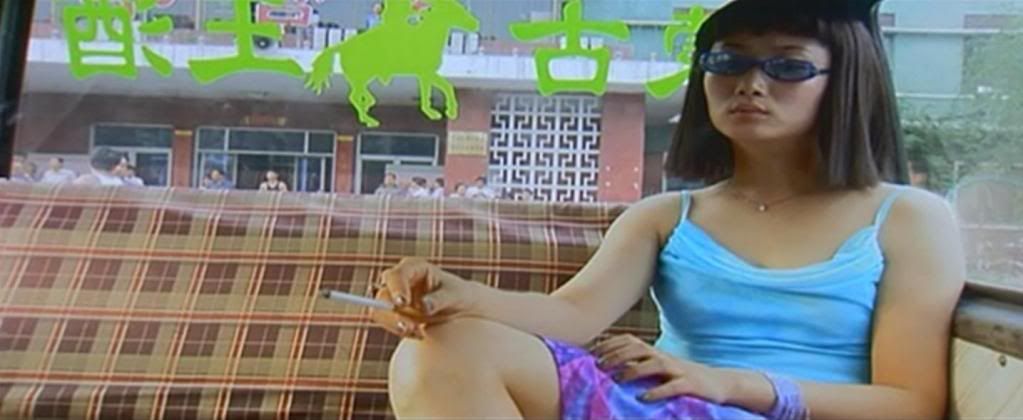
For all the patriotic national pride expressed by the other people in that scene, all of this news, good and bad, seems so remote from the actual lives and experiences of these young people. Trade deals, prestigious international events, monks setting themselves on fire, terrorists amiably bragging about their guns on TV: it's all related by the glowing box that's perpetually tucked into a corner of the frame. Pop culture and commercialism define these youths, who escape their humdrum lives by singing Chinese pop tunes — like the one from which the film takes its name — and attending glitzy events sponsored by the Monkey King, which is both a cartoon and a brand of liquor. Qiao Qiao dances and sings in these corporate-sponsored events, shilling liquor that she can't even stomach when she tries to drink a few sips, while her agent/boyfriend Qiao San manages her career (and her affections) with an authoritarian hand.
At times, Xiao Ji seems to have stumbled into a gangster movie, pursuing his love of Qiao Qiao even though the possessive, gun-toting Qiao San tries to intimidate him with his gang of thugs. Though the film's mood is predominantly quiet and pensive, prone to languid tracking shots and long static sequences in which no one says a word, there's a constant aura of repressed violence just below the surface. The characters talk about guns and robberies in ways informed by the American movies they've seen — presumably the same way they learned to smoke with cigarettes dangling coolly from their lips — but life isn't as glamorous or as cool as the movies. The gangster ultimately dies, offscreen, in a thoroughly undramatic fashion, and the main characters' attempt to re-enact their fantasies of being movie bad guys is inept and doomed to failure. Meanwhile, the real violence percolates in the background, in the form of domestic terrorism committed by frustrated unemployed men and bursts of fanatical religious extremism.
This is a film about deep-seated frustration and attempts to escape that only make things worse. Poignant and quietly affecting, the film's low-key, documentary-like aesthetic is a rebuttal to the kind of noisy, kinetic culture that the teens in the film consume. While they imagine they're living in a Tarantino movie or a Hong Kong gangster flick, the movie of their lives is not explosive or exciting or violent but quietly sad, a movie not of violent tragedy but of a soft, slow decline.







